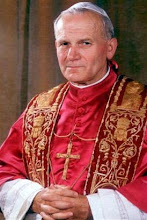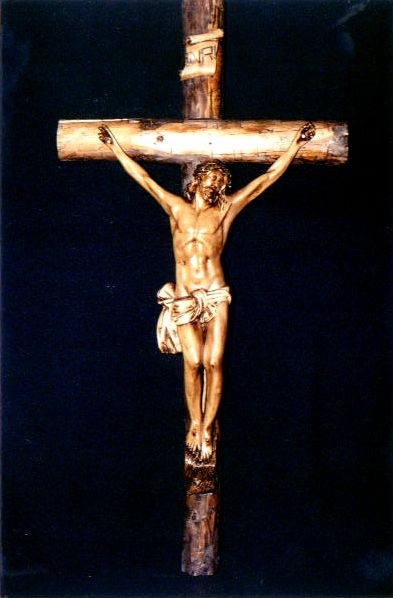“Lord, it is good that we are here”.
Transfiguration is one of the most joyous feasts.
We too climb with Jesus Christ Mount Tabor and we see him being transformed. His divine nature is revealed to us, and we too, like Saint Peter, are witnesses of his majesty and are called to share this message from the world.
What is interesting about this event is the care and love that Jesus had for his disciples. He was trying to prepare them for his upcoming Passion and death by strengthening their faith in him. “This is my beloved Son” --- says the voice from the cloud --- “Listen to him”. We have to understand that the disciples had absolutely no idea that Jesus was going to die on the cross for his people. Peter himself challenged Jesus on that, “it will never happen to you!”.
Jesus tries to show them that glimpse of Glory that God wills to give to his friends and those who love him. But in order to achieve that glory, we have to accept the cross. In the Preface we will pray that “Jesus revealed his glory to the disciples to strengthen them for the scandal of the cross.” He wanted them to experience the height of faith and consolation so that they would be ready for a challenge. Jesus and his disciples did not stay on the mountain forever. They went down to continue their mission. We too after receiving that consolation are called to go out and share it with the world.
Transfiguration is one of the most joyous feasts.
We too climb with Jesus Christ Mount Tabor and we see him being transformed. His divine nature is revealed to us, and we too, like Saint Peter, are witnesses of his majesty and are called to share this message from the world.
What is interesting about this event is the care and love that Jesus had for his disciples. He was trying to prepare them for his upcoming Passion and death by strengthening their faith in him. “This is my beloved Son” --- says the voice from the cloud --- “Listen to him”. We have to understand that the disciples had absolutely no idea that Jesus was going to die on the cross for his people. Peter himself challenged Jesus on that, “it will never happen to you!”.
Jesus tries to show them that glimpse of Glory that God wills to give to his friends and those who love him. But in order to achieve that glory, we have to accept the cross. In the Preface we will pray that “Jesus revealed his glory to the disciples to strengthen them for the scandal of the cross.” He wanted them to experience the height of faith and consolation so that they would be ready for a challenge. Jesus and his disciples did not stay on the mountain forever. They went down to continue their mission. We too after receiving that consolation are called to go out and share it with the world.
.jpg)

.jpg)
.jpg)


